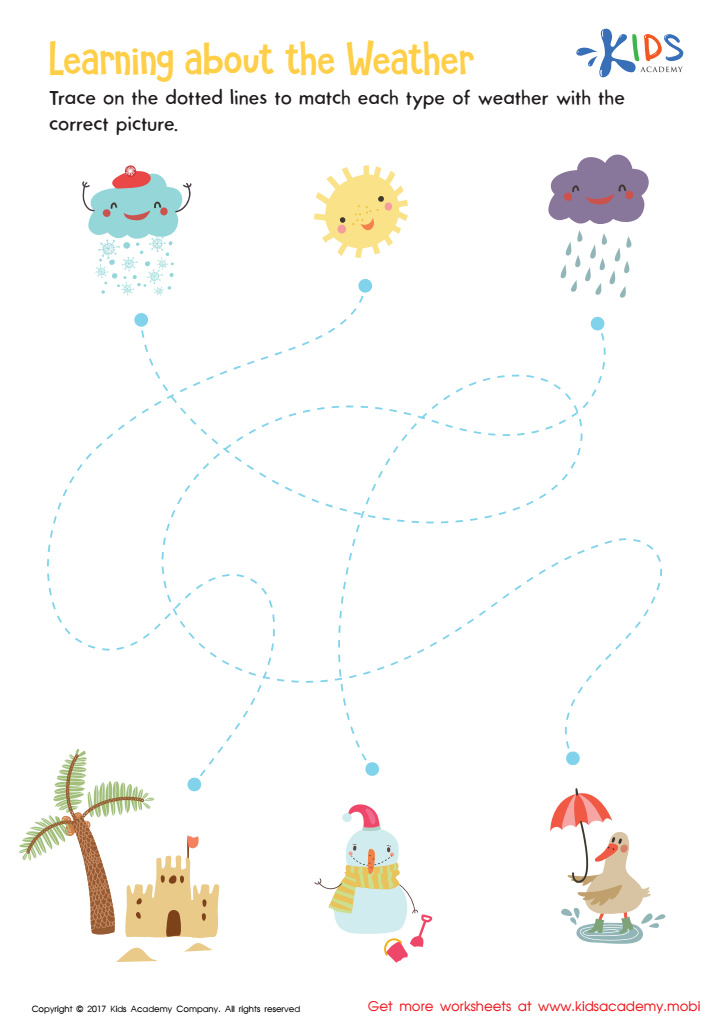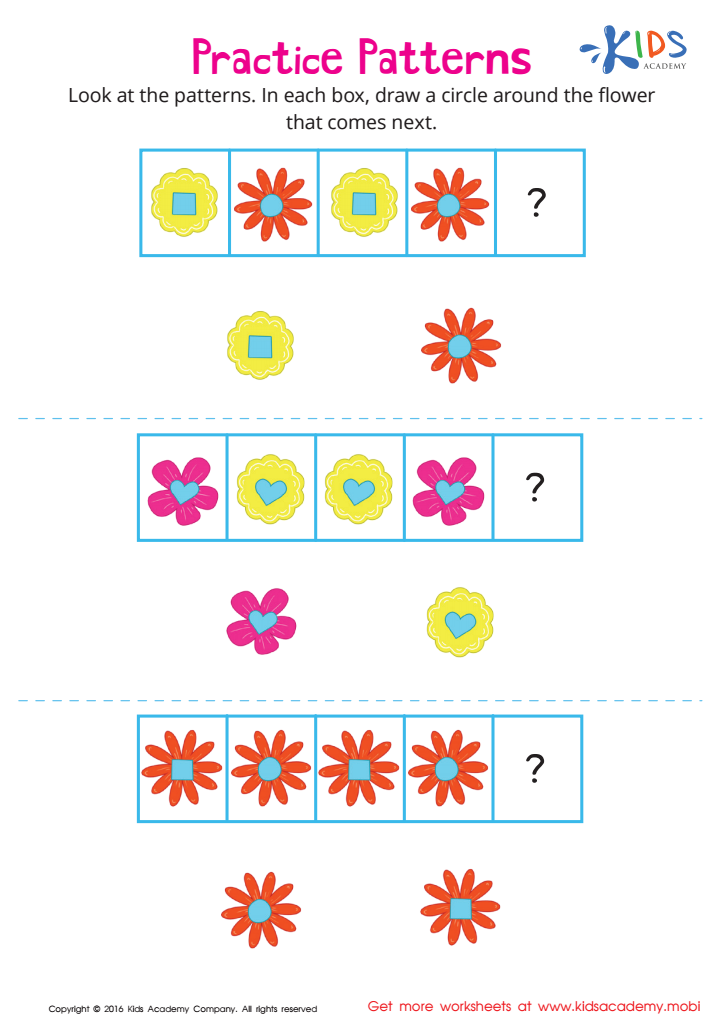Logical Thinking worksheets activities for 6-Year-Olds - Page 3
79 filtered results
-
From - To
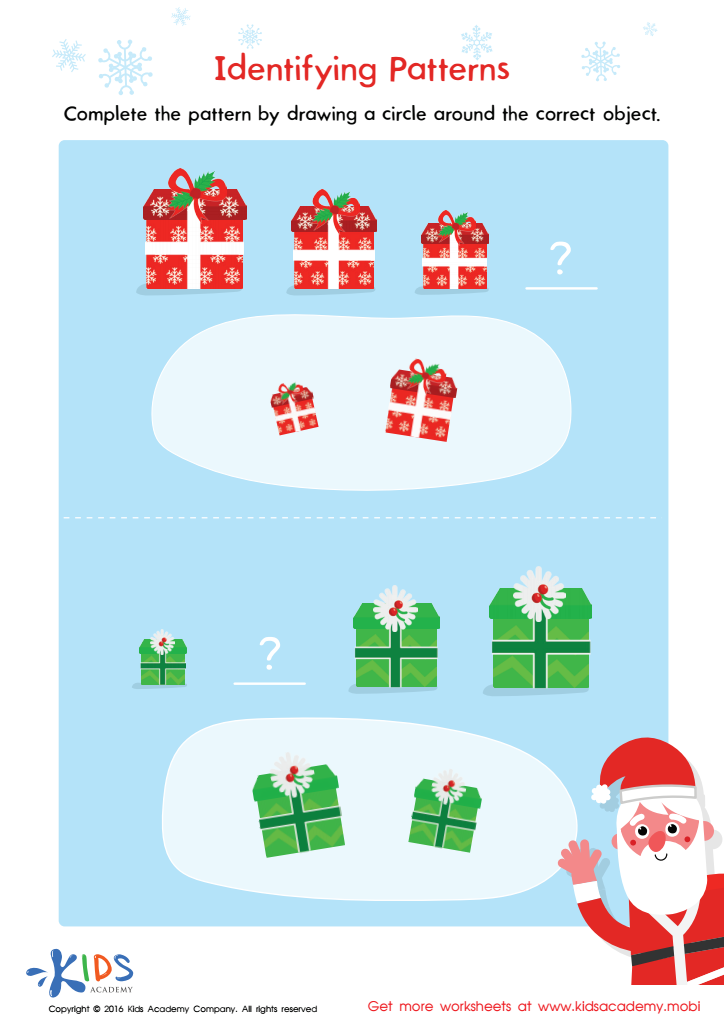

Identifying Patterns Worksheet
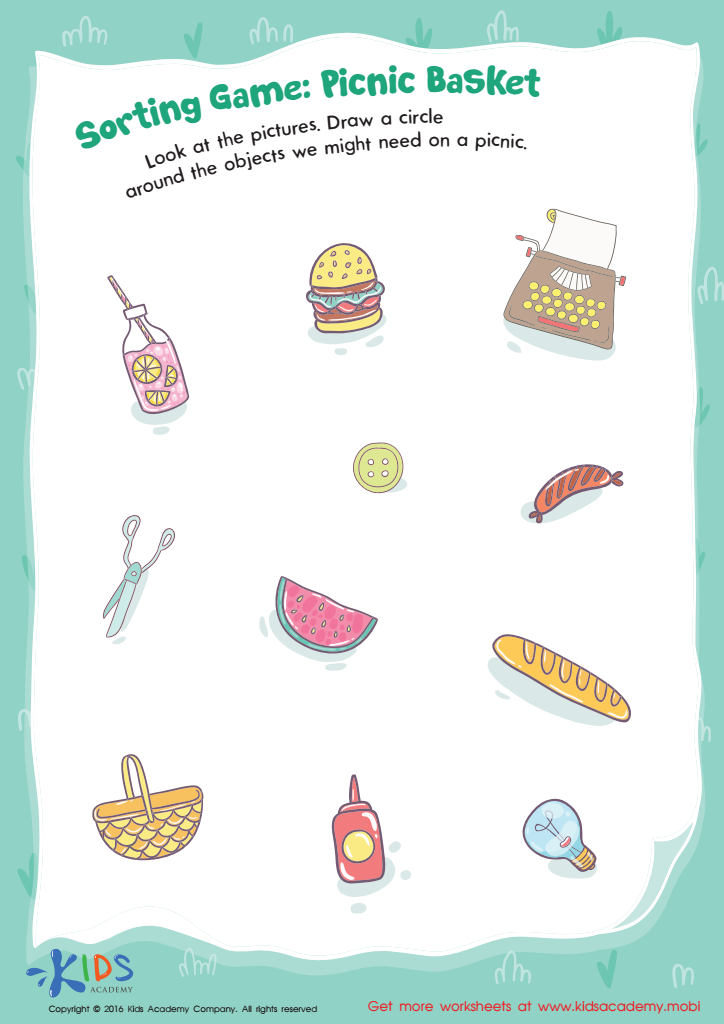

Picnic Basket Sorting Worksheet
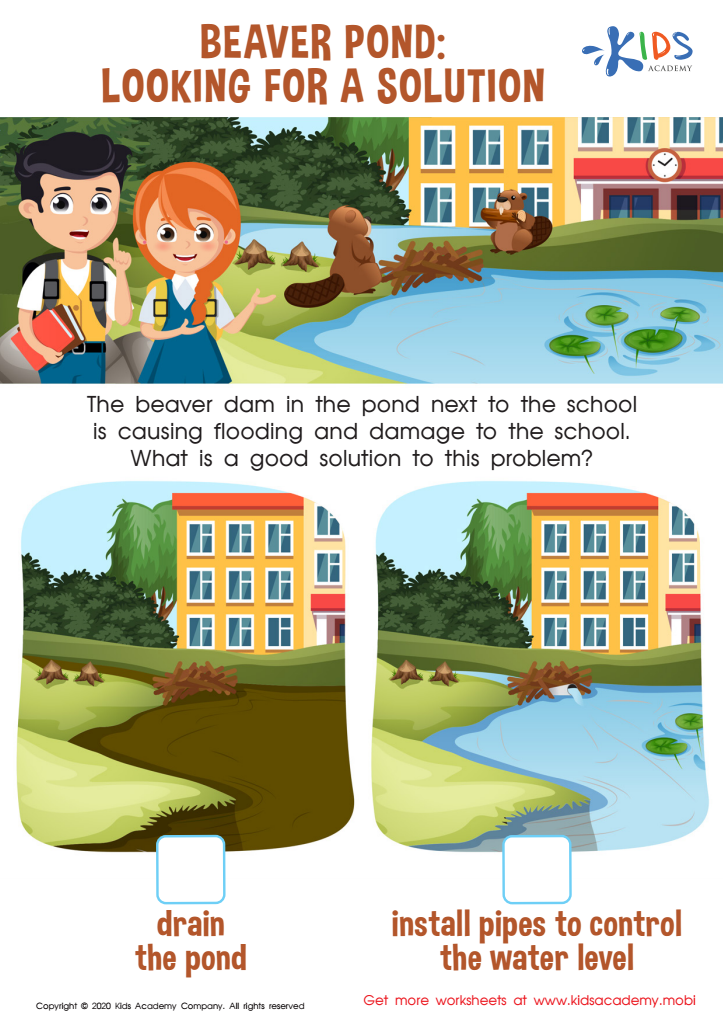

Beaver Pond: Looking for a Solution Worksheet
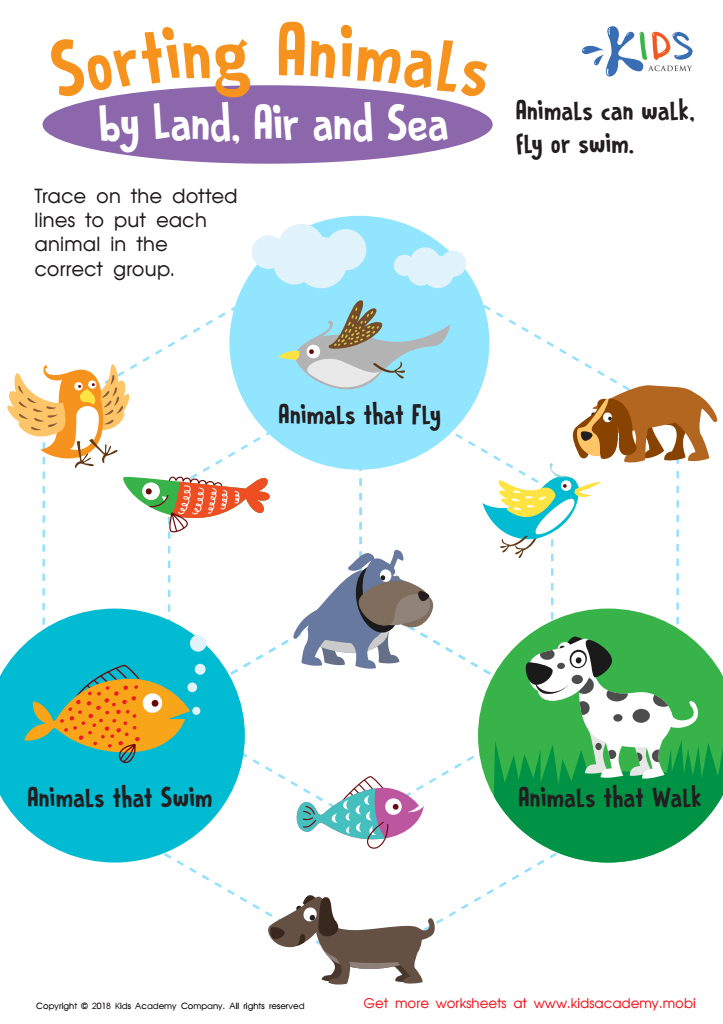

Sorting Animals by Land, Air and Sea Worksheet


Logic Game Sorting Worksheet
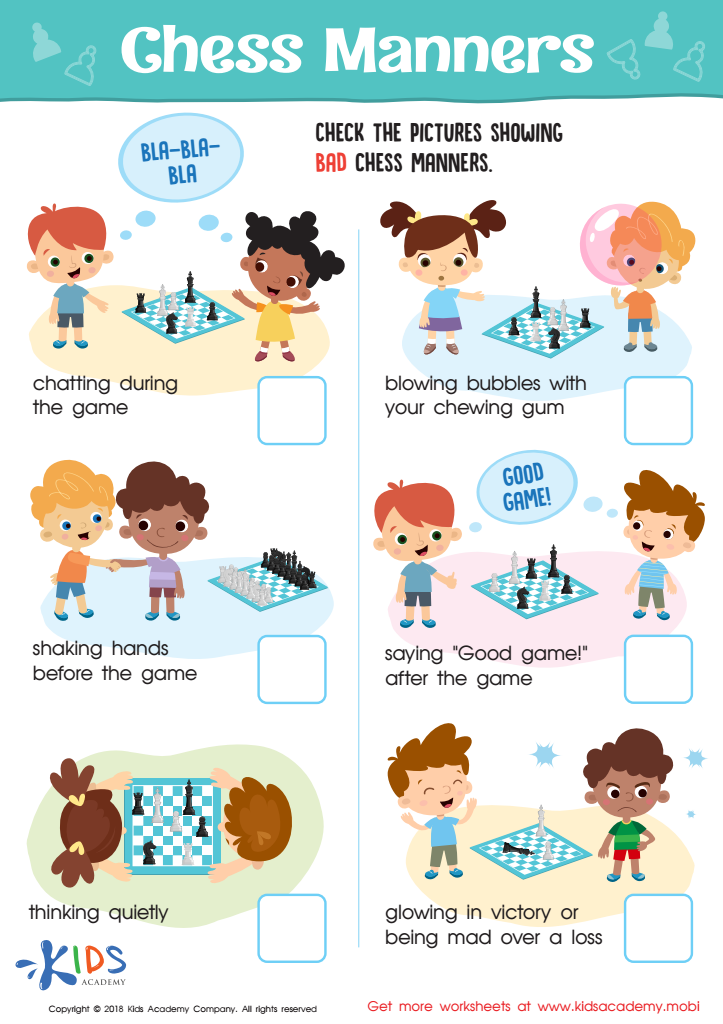

Chess Manners Worksheet
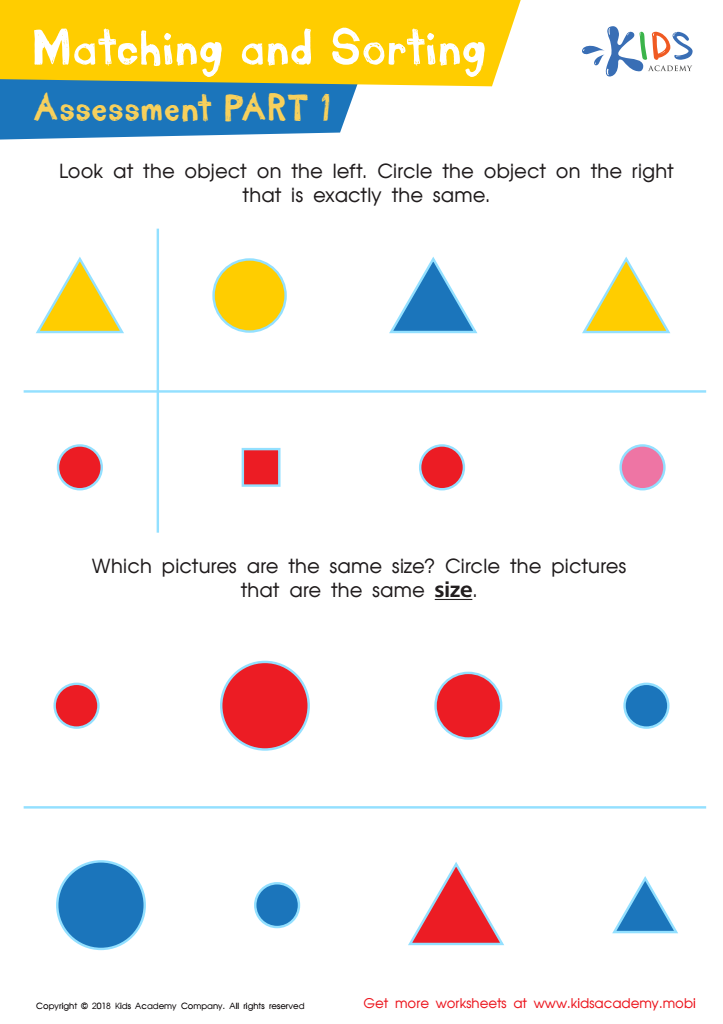

Matching and Sorting for Kindergarten: Assessment 1 Worksheet
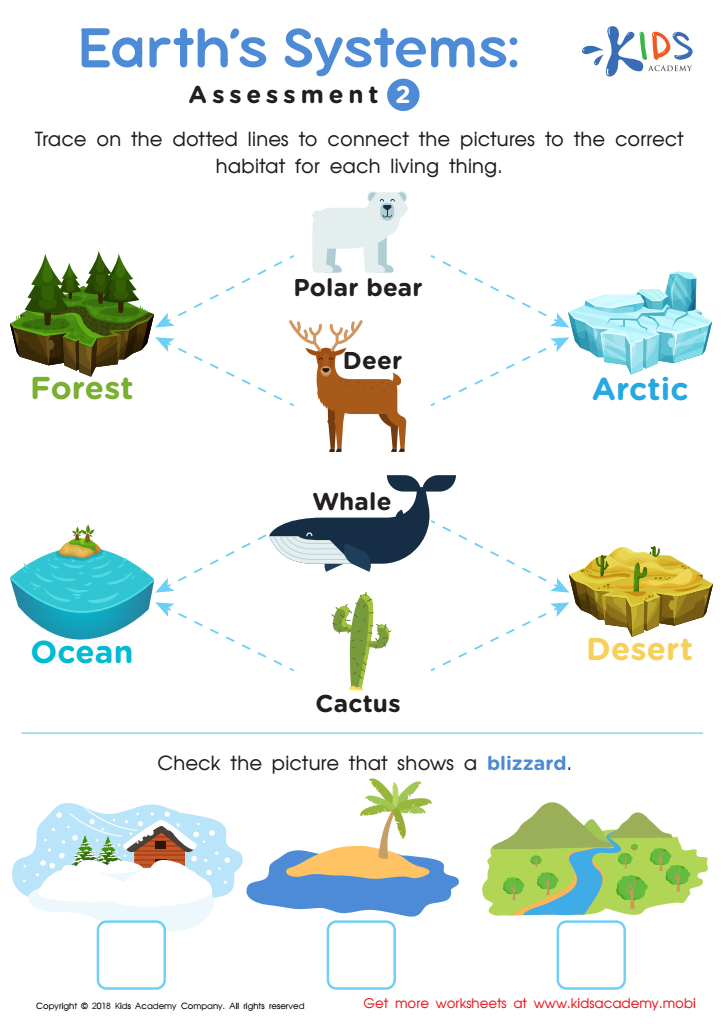

Earth's Systems: Assessment 2
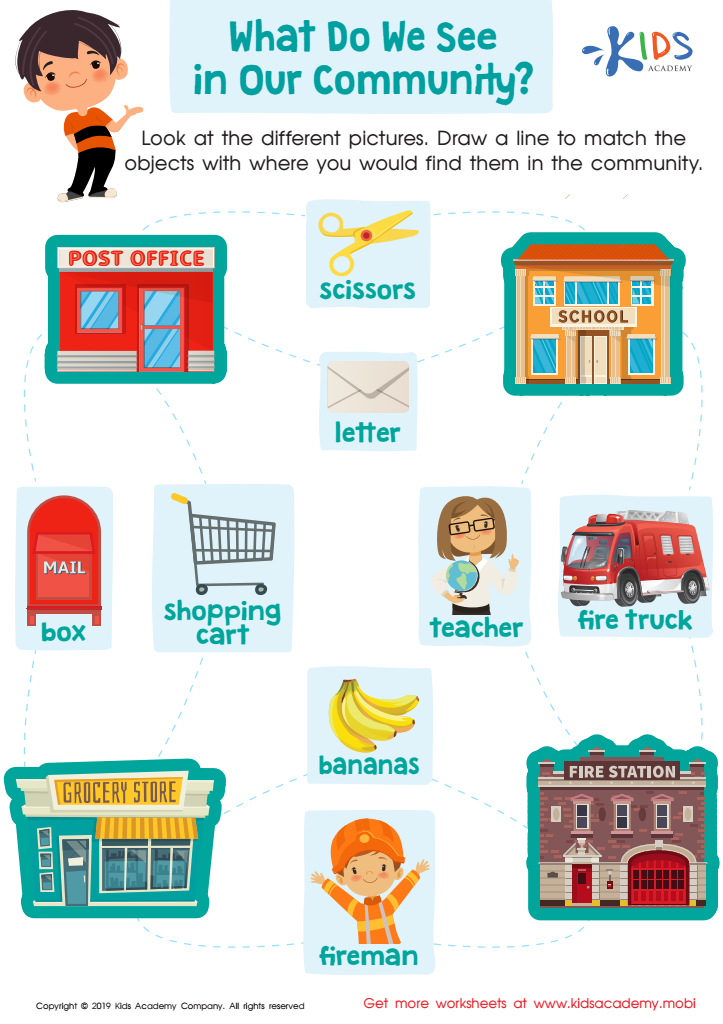

What Do We See in our Community? Worksheet


Frog Countdown Worksheet
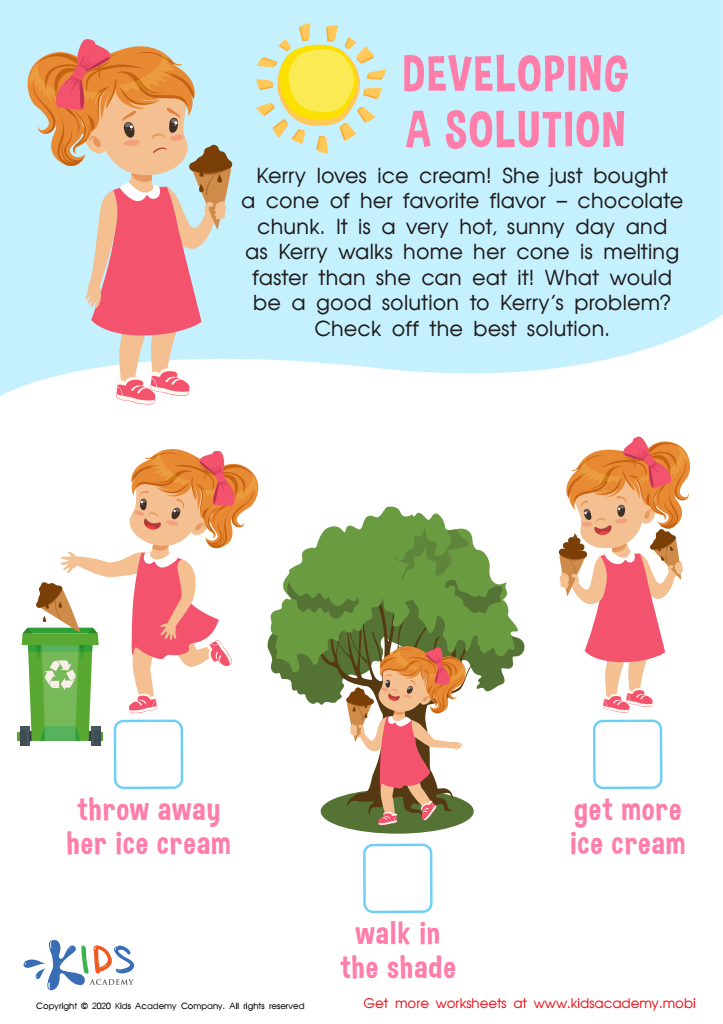

Developing Solution Worksheet
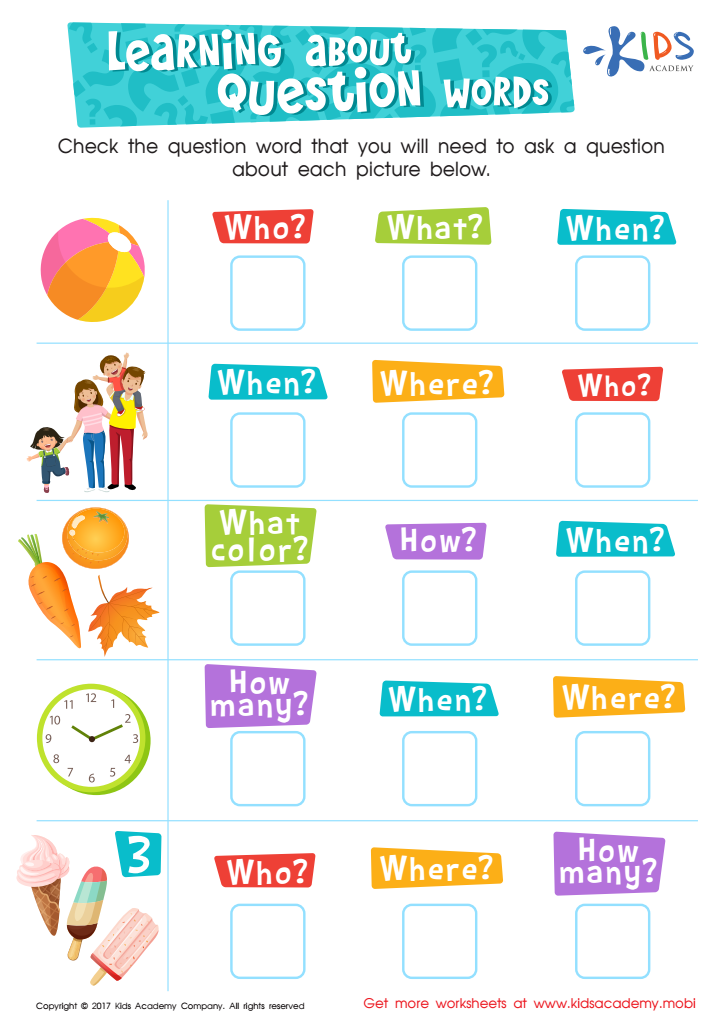

Learning about Question Words Worksheet
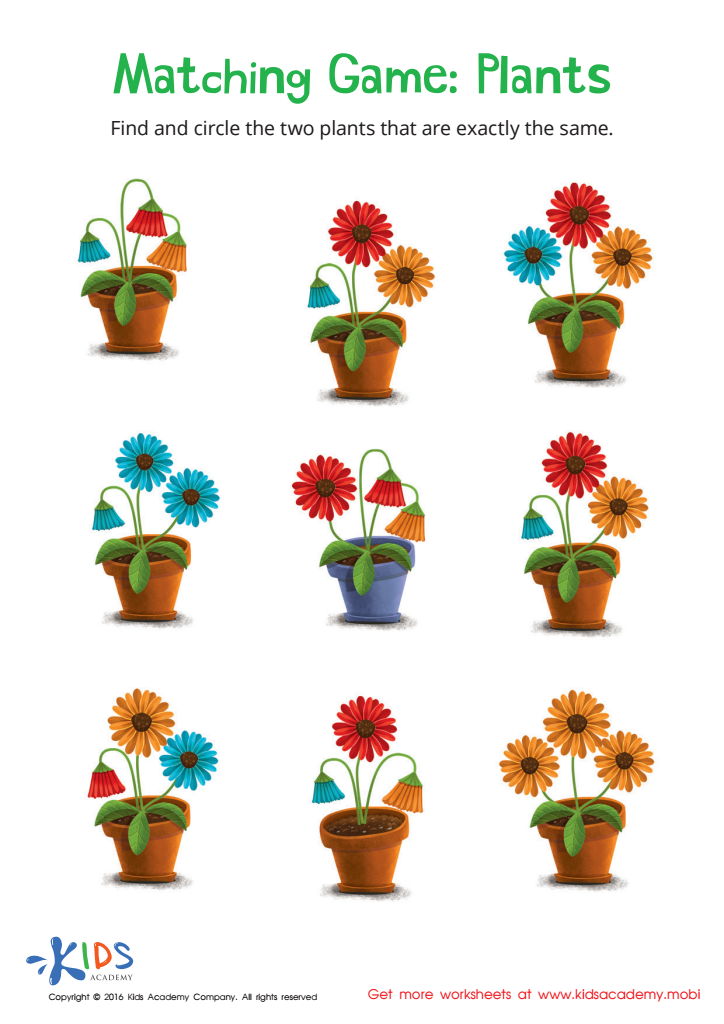

Matching: Plants Worksheet
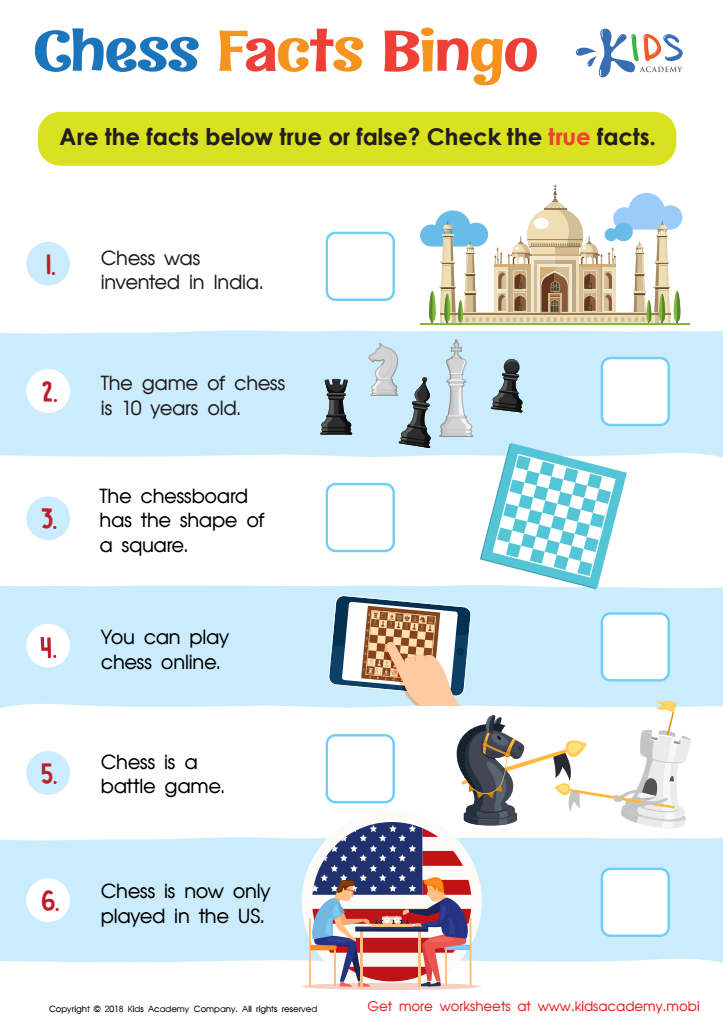

Chess Facts Bingo Worksheet


Counting Worksheet: Let's Practice Counting
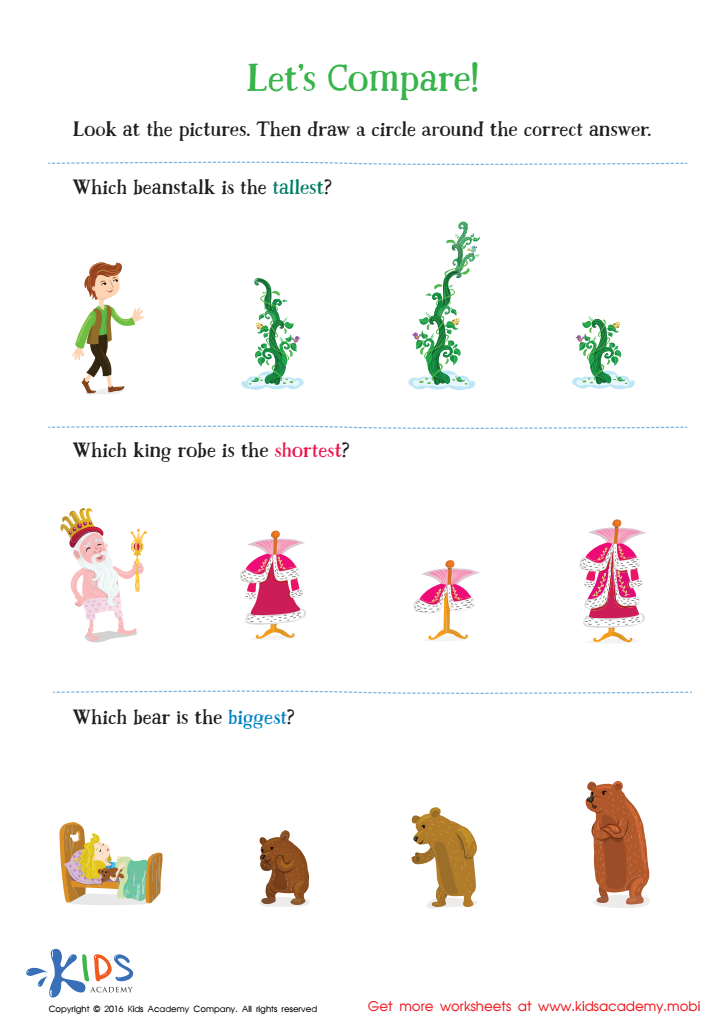

Fairy Tale Worksheet: Let's Compare
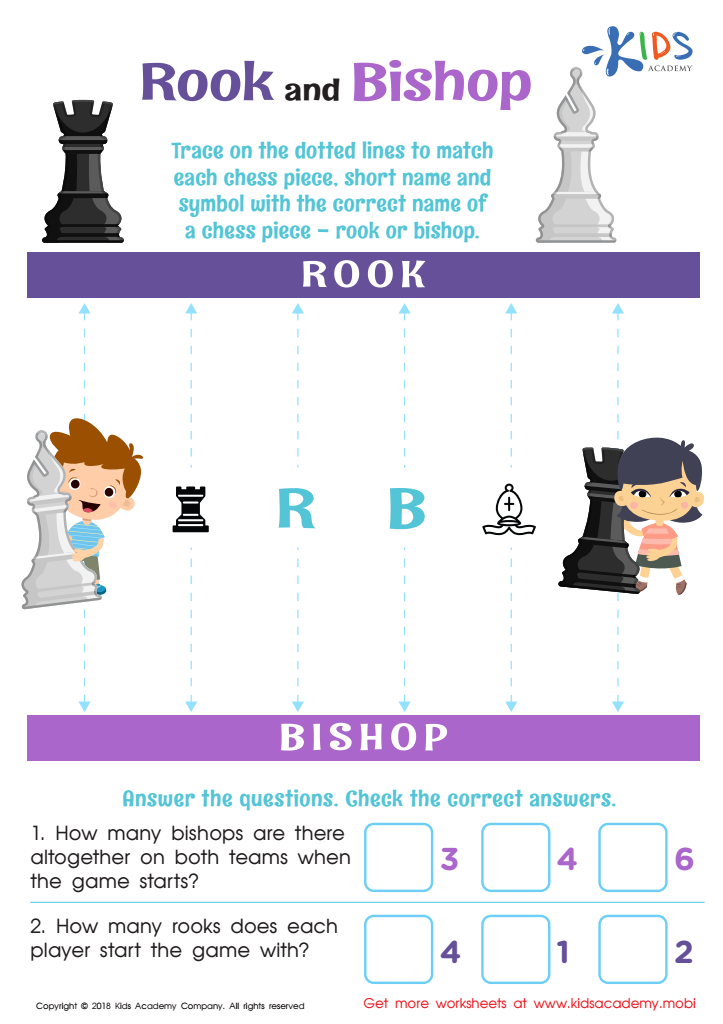

Rook and Bishop Worksheet
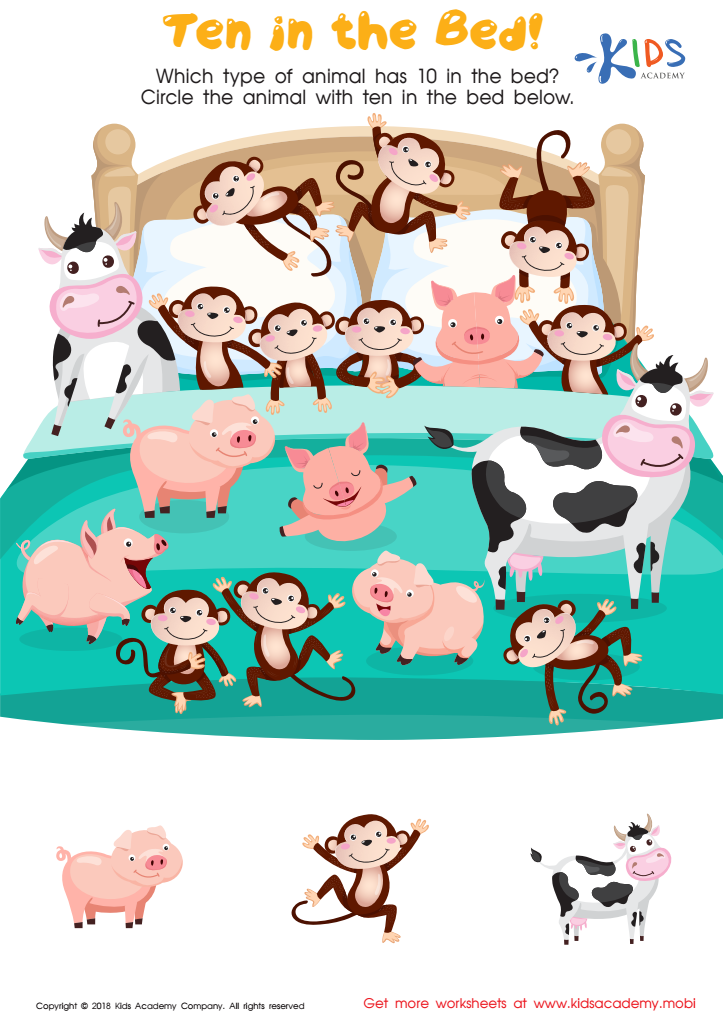

Ten in the Bed Worksheet
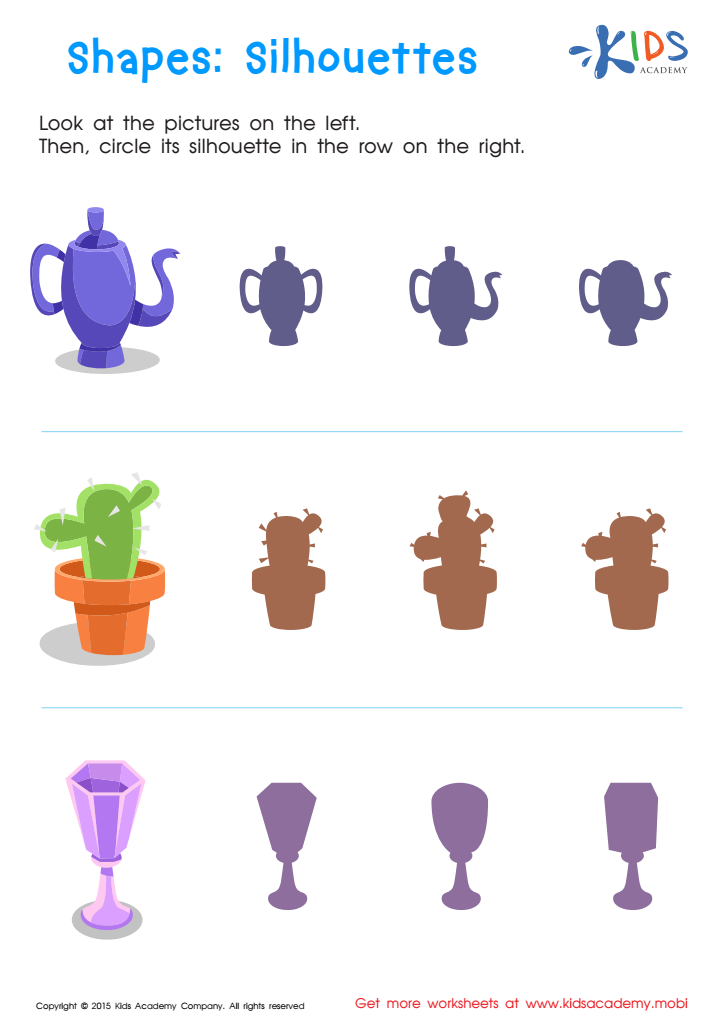

Silhouettes – Shapes Worksheet
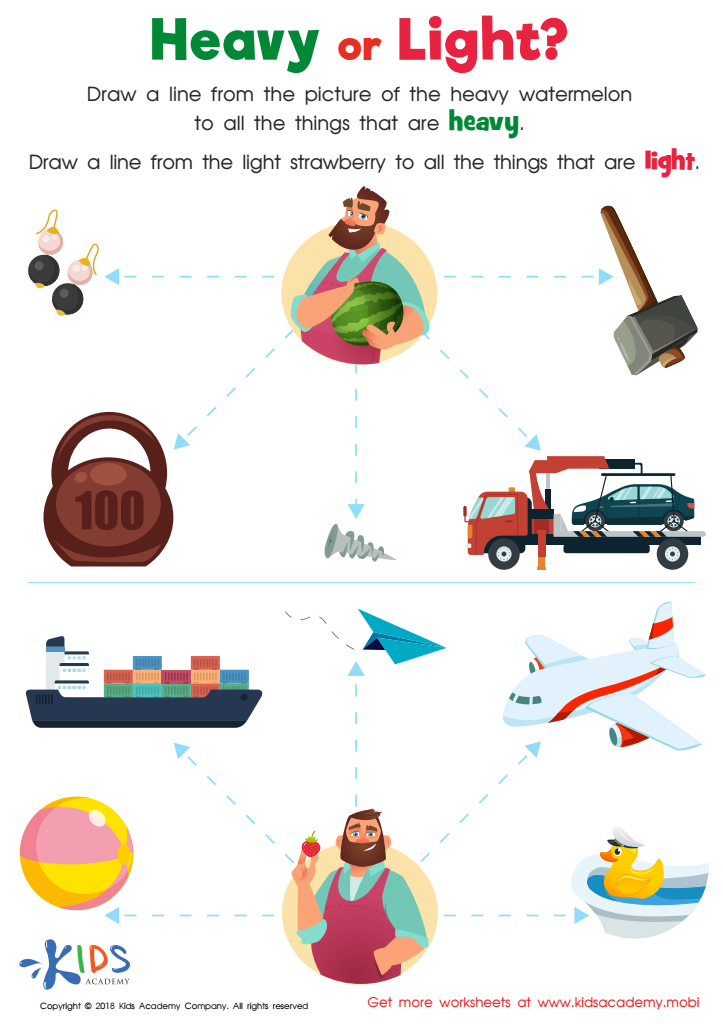

Heavy or Light? Worksheet
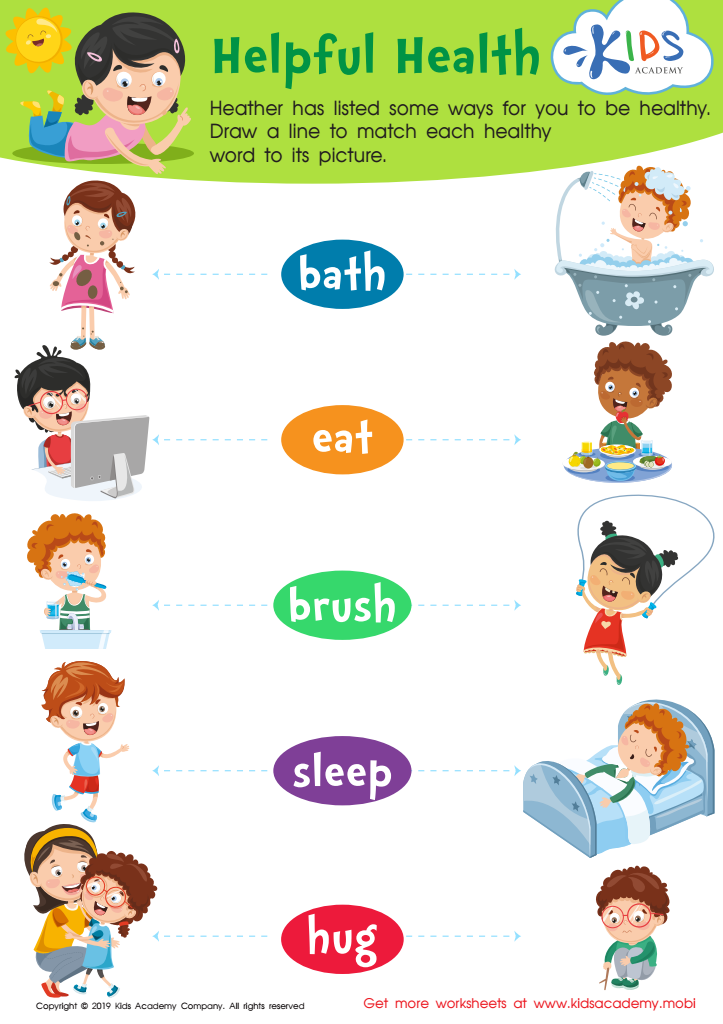

Helpful Health Worksheet
Logical Thinking worksheets activities serve as an essential tool in fostering critical thinking, problem-solving skills, and the ability to analyze information in a reasoned manner. By engaging in these activities, individuals can significantly enhance their cognitive capabilities, making them more adept at navigating complex situations in both academic and real-world scenarios.
First and foremost, Logical Thinking worksheets activities promote a structured approach to problem-solving. They encourage learners to break down complex problems into more manageable parts, analyze the components, and synthesize information to arrive at reasoned conclusions. This methodical approach is invaluable across various contexts, from academic disciplines such as mathematics and science to everyday life decisions and challenges.
Moreover, these activities help in developing a critical mindset. In a world inundated with information, the ability to discern facts from opinions, identify logical fallacies, and evaluate the strength of arguments is more crucial than ever. Logical Thinking worksheets activities train individuals to question assumptions, weigh evidence, and think independently, fostering a healthy skepticism and a discerning mind.
Additionally, engaging in Logical Thinking worksheets activities enhances cognitive flexibility and adaptability. By tackling problems that require the application of different logical principles and strategies, individuals learn to approach issues from multiple perspectives. This not only improves their problem-solving skills but also makes them more adaptable in facing new and unfamiliar challenges.
Furthermore, these activities offer a fun and interactive way to develop these skills. Through puzzles, games, and challenges, learners can enjoy the process of sharpening their logical thinking abilities, making the learning experience both effective and enjoyable.
In conclusion, Logical Thinking worksheets activities are a valuable resource in cultivating analytical skills, critical thinking, and problem-solving abilities. By integrating these activities into educational curriculums and daily practice, individuals can significantly enhance their cognitive functions, preparing them to tackle complex problems with confidence and dexterity.
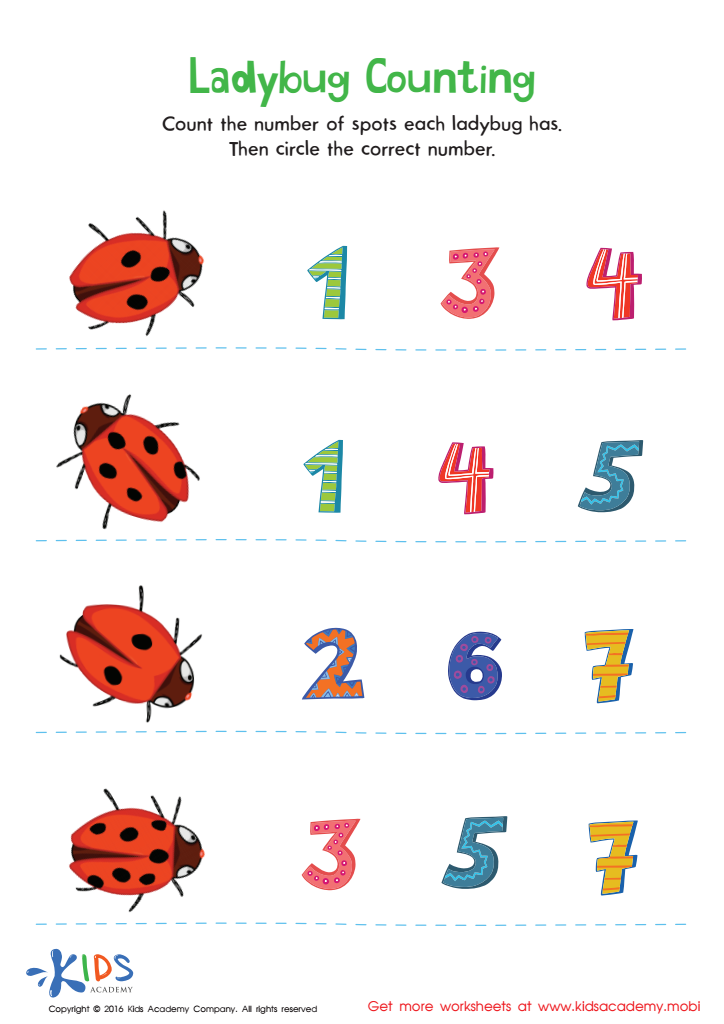
 Assign to My Students
Assign to My Students
